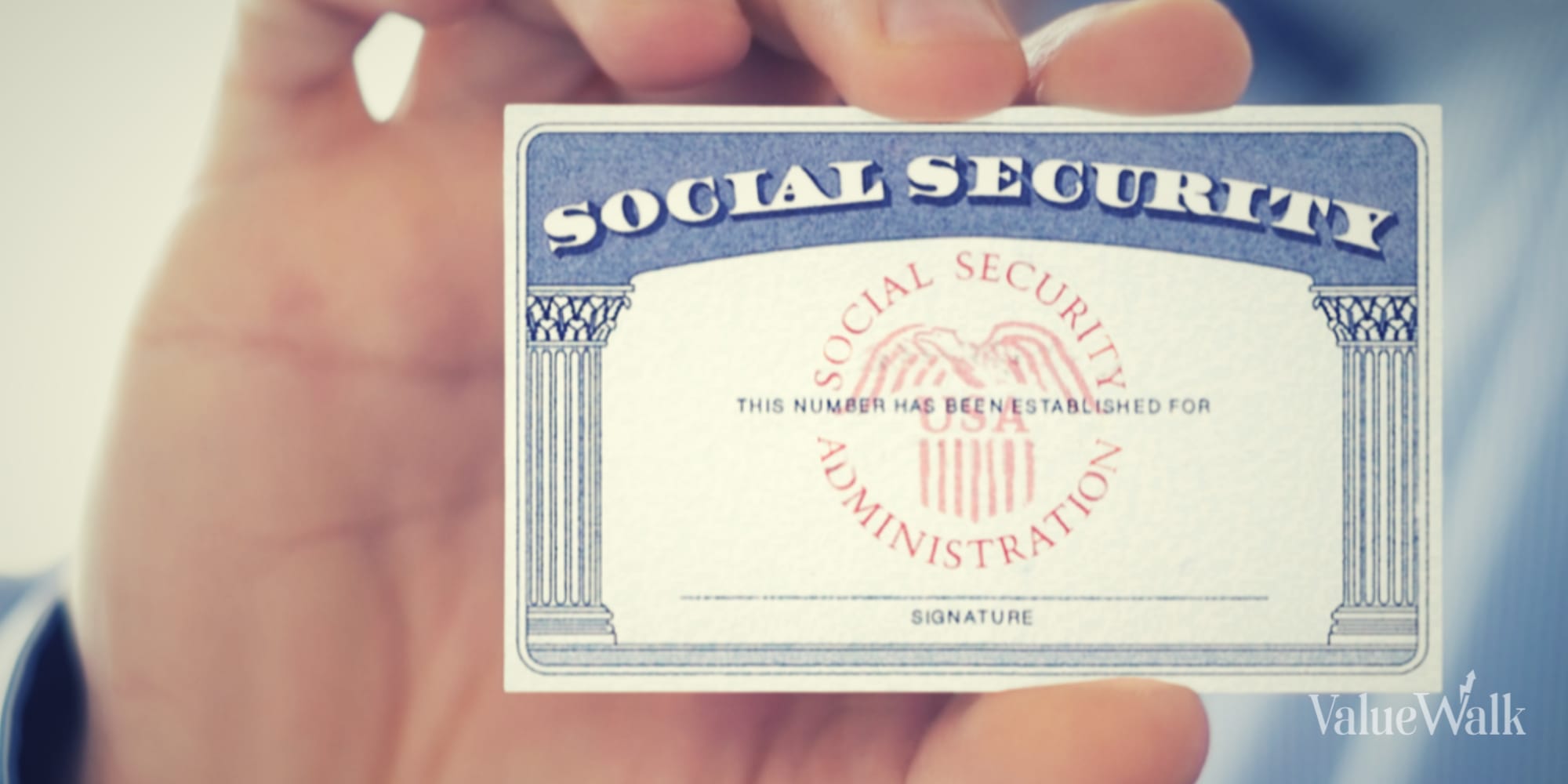In today’s world, online payments are the easiest and fastest method of payment for customers and businesses all over the world. The money is usually transferred from the customer’s bank account or debit card or credit card account to the merchant’s account. Online payment solutions work like a credit card terminal but are plugged into websites. Now for the first time in over a decade, a few online gambling websites have started accepting Paypal as a payment method for playing online casino.
Online gaming revenue offers tremendous potential in the U.S. considering that New Jersey generated just over $12 million in July through the online route compared to total national casino revenue of over $70 billion.
PayPal’s quiet re-entry into online gaming
Thanks to enhanced regulation and its merger with eBay, PayPal stopped supporting online gaming in the U.S. in 2003, though it was reportedly the largest transactor for global online gambling at that time.
However, in September, PayPal quietly re-entered the online gaming segment with a few U.S. online gambling websites such as WSOP.com and DerbyGames.com starting to accept it as a payment method. In a statement to CNBC, PayPal said it is launching this pilot as it is able to fully comply with the evolving regulations surrounding real money gaming in the U.S., plus the requirements of PayPal’s payment partners. Using PayPal will make transactions much easier for gamblers as they can have money instantly credited to their account instead of waiting several days to get their check mailed to them.
In other countries, like the UK, PayPal has been allowed to be used for online gambling for some time due to the country’s strict gaming regulations. This contrasts to regions such as Canada, where online gambling is also legal nationally, but PayPal has only allowed online casinos to accept PayPal as a payment method in Canada if they go through an extra approval procedure similar to what is currently being piloted in the US. The history of using PayPal for gambling in Canada and the US has been an on again, off again affair for quite some time and, until these countries further regulate the online gaming business, it will continue to be a grey area for the majority of online gaming jurisdictions.
It is pertinent to note that the ever-growing technology has also raised security concerns over online payment. With terms like “identity theft” and “online fraud” cropping up, customers are wary in giving out their personal data and credit card information online. It has become a challenge for businesses to make customers feel confident enough to make payments on their websites.
Safer than most credit cards
Echoing concerns about inadequate security features in online options, 49% of North American respondents to a recent MasterCard survey expressed discomfort with sharing payment information online or on mobile. To brace the issue of security, many leading online payment providers are using the highest possible data encryption technology to protect their customers’ data.
For instance, PayPal protects its customers’ accounts with the latest anti-fraud technology and a dedicated team of security specialists to work on security issues. It does extensive data encryption to keep data secure and confidential. Customers’ accounts are tracked for suspicious activity, and an alert is sent to customers immediately if any is detected. PayPal upgrades its systems regularly, which keeps it ahead of fraudsters. It also has fraud-fighting tools like “Safe Password Checker” to help customers stay secure.
PayPal mandates strict requirements on businesses using its services and actively supervises them. In the event of receiving a number of valid complaints against specific online casinos, PayPal will ban their accounts and cease working with them. The company has strict rules about allowing customers’ eWallets to be used on some gambling sites, and the service can be severely restricted, depending on the customer’s country of residence.
The “Fraud Index Report Q1,2014” by 2Checkout.com has published findings that it’s safer to use PayPal than most credit cards and that it reduces fraud risk by 50%.
Thanks to PayPal’s entry into the online casino space, players can effortlessly transfer money into their casino accounts and start playing. Countries such as the U.K., Sweden, Portugal have accepted PayPal for gambling transactions online. Of note, casinos for Australian players won’t accept it as a payment method.
Some portals like casino.org periodically highlight their top ranking PayPal casinos and the casinos which are placed on their blacklist as they are considered “rogue” casinos to avoid.





